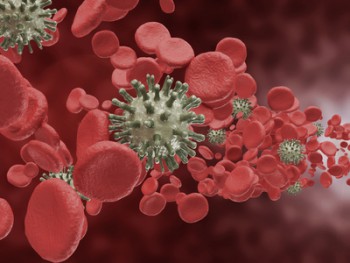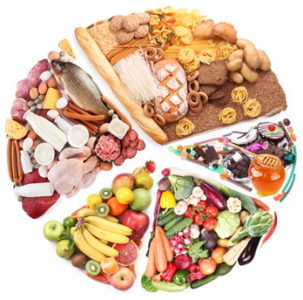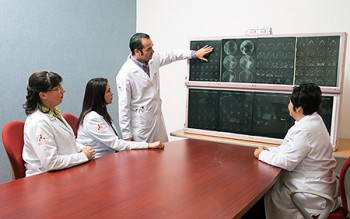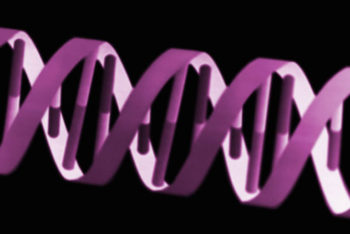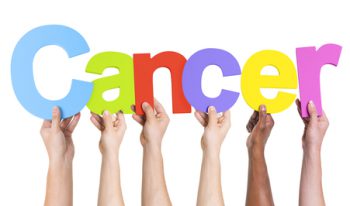
Thanks to rapid and effective developments, immunotherapy for cancer continues to be a hot topic in the medical community. A recent analysis shows the explosive growth of this subject in academic and industrial publications.
Immunotherapy for Cancer in the News
Results of the analysis conducted by Drs. Enal Razvi and Gary Oosta were published in Genetic Engineering & Biotechnology News. Data was based on publications in the broad space of cancer immunology, which have seen exponential growth from zero in the early ’70s to more than 600 in the past year.
While there has been a clear increase in quantity, what about qualitative measures? A word cloud corresponding to titles and abstracts shows that the major areas of focus are “cancer,” “immunotherapy,” “cells,” “immune” and “tumor.”
Drilling down to find the key components of these publications, the most commonly mentioned one is “dendritic cells,” which play a vital role in initiating the immune response. “Cell death” (apoptosis) has generated 33 percent annual growth.
What Does the Future Hold?
Drs. Razvi and Oosta drew the following conclusions:
- Understanding in vivo mechanisms and pathways driving immunological cascades is crucial for continued progress.
- Companies will continue clinical trials, both individually and in collaboration with others.
- Immunotherapy for cancer will eventually use biomarkers to identify which populations and sub-populations are the optimum candidates for specific treatments.
Individualized Blueprints for Immunotherapy
At Issels®, our integrative therapies are personalized based on each patient’s lifestyle and genetic makeup as well as the tumor microenvironment. Contact us today to hear success stories from patients of all ages who have dealt with leukemia, melanoma and other forms of cancer.

